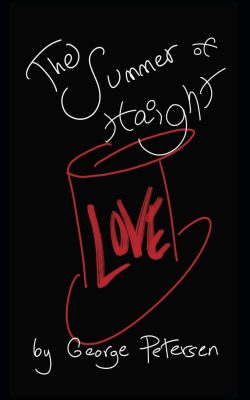|
Listen to or download this article:
|
In the audiobook Disability is Human: The Vital Power of Accessibility in Everyday Life, Dr. Stephanie W. Cawthon advocates for the rights and needs of a group that is often underrepresented, ignored, or misunderstood.
This exceptional audio version of Disability is Human has a companion workbook for those interested in incorporating its ideas into programs, institutional practice, or daily life. The audio version covers the book to the last letter and is easy to comprehend.
Cawthon contrasts ableism against accessibility, including her own experiences as a person born deaf who uses hearing aids and sign language to communicate. She tells of a time before anti-discrimination laws were enacted to protect disabled peoples’ rights and make the world available to everyone.
Cawthon comes to this conversation with deep, personal knowledge of the issues faced by disabled people.
As a child she received speech training at a special school for disabled children, but when she was seven years old her family moved to California and enrolled her in a mainstream Catholic school. To navigate the new hearing-centered learning environment she had to sat in the front row and read lips.
After graduating, Cawthon went on to attend Stanford University, where she dove into early research on assessing accessibility for deaf children. This gave her the opportunity to explore what it fully meant to be disabled in today’s modern world.
Disability is Human helps the reader understand many of the ways that one in four people might experience a disability.
She emphasizes the need for understanding and suggests ways we can improve accessibility to a population that wants and needs to participate within this complex world—a world with buildings that lack a ramp to higher levels for people in wheelchairs, or lectures that don’t provide sign language interpreters to enable a deaf person to understand what is being said.
Cawthon organizes her chapters around the concept of accessibility for all people, how to address some of the most glaring shortfalls, and how to discuss the topic of disability without making disabled people feel diminished or less-than. Her discussion isn’t coined in terms of victimization, but rather what accommodations could be authentically inclusive for all levels of abilities and not impose further barriers on a person who may already be struggling to engage in everyday life.
Readers will find both expert knowledge and first-hand experience in this timely and important discussion.
As the narrator of her own book, Cawthon reads with clarity and precision, and her years of training in enunciation and public speaking shine through. She doesn’t deviate from her text and even takes time to describe each graphic in the book.
Cawthon lists her resources at the end of the book, guiding readers to explore more on the subject. She also includes a “Time to Reflect” section with focused questions and suggestions at the end of each chapter, and a “Creator Call Out” that offers links to other experts in the disability community who are working hard to break down barriers within their own spheres of influence.
Readers in education, health, and business will find Disability is Human: The Vital Power of Accessibility in Everyday Life both engaging and informative. Cawthon provides valuable insights to help shape our perspective and encourages readers to engage in the conversation around accessibility in a meaningful way.











Leave A Comment